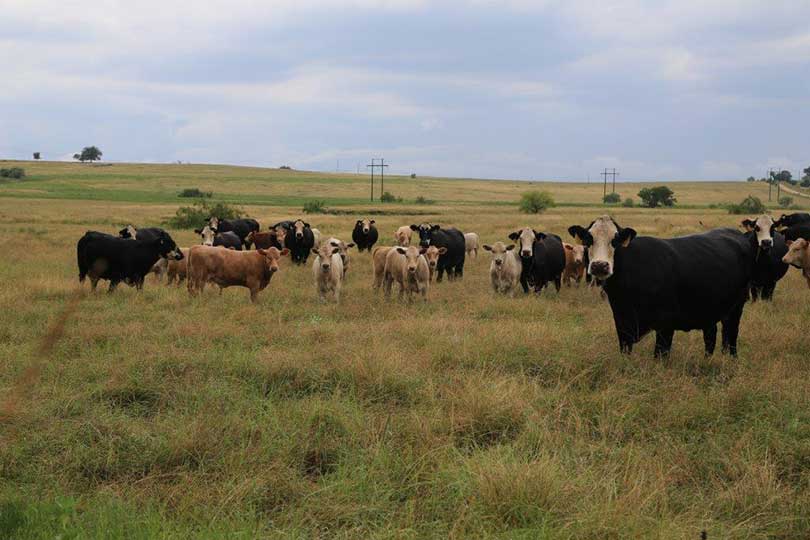The United States and Japan announced the expansion of their organic equivalence arrangement to include livestock products. The arrangement went into effect July 16 and reduces costs and streamlines the process for anyone involved in the organic livestock supply chain by requiring only one organic certification.
“Opening new markets for America’s organic farmers and ranchers continues to be a priority for USDA,” U.S. Department of Agriculture (USDA) Marketing and Regulatory Programs Under Secretary Greg Ibach, said. “Japan is already one of the top export markets for U.S. organic products. This agreement opens additional opportunities for everyone involved in the international supply chain for livestock, from farm to table.”
The Japan Agricultural Standards (JAS) now require organic livestock products imported from the United States to either be certified under the JAS or USDA organic regulations. The announcement marks the addition of livestock to the existing U.S.-Japan organic trade arrangement that has allowed plant-based products to be certified to either country’s organic standards since 2014.
“Japan is a key international partner in the organic market sector,” U.S. Trade Representative Chief Agricultural Negotiator Gregg Doud said. “This expanded arrangement protects and increases access for American organic farmers, ranchers and businesses to the third largest U.S. organic export market.”
USDA has established equivalence arrangements with major organic export markets including Canada, the European Union, Japan, South Korea, Switzerland and Taiwan. These arrangements eliminate the need for dual certifications, avoiding double fees, inspections and duplicative paperwork.
Leading up to today’s announcement, technical experts from the United States and Japan conducted thorough on-site audits to ensure that the regulations, quality control measures, certification requirements and labeling practices are compatible. The trade partners will continue to hold regular discussions and review each other’s programs periodically, ensuring the terms of the arrangement are being met.
Additional details on this and other organic trade arrangements, are available on the USDA National Organic Program website at https://www.ams.usda.gov/organic.

